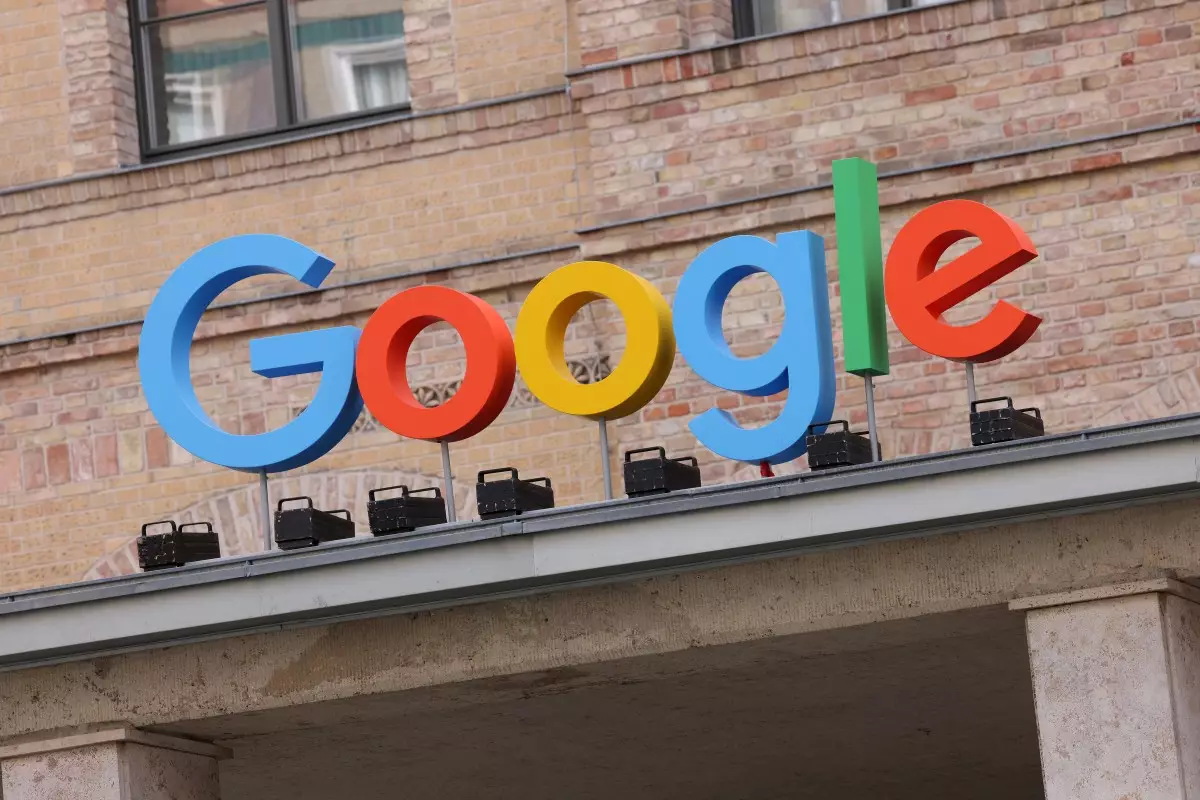François Chollet’s departure from Google marks an intriguing transition for a pivotal figure in artificial intelligence. After nearly ten years of industrious contribution, Chollet announced his exit via a post on X, indicating his intent to launch a new company alongside a partner. This choice signals a significant shift in his career, moving from the powerhouse of Google to navigating the entrepreneurial landscape. While he expressed gratitude for his tenure, reflecting on how deep learning evolved from a niche area to a sprawling industry, it’s evident that Chollet is ready to explore new frontiers.
Chollet’s name is synonymous with Keras, a high-level, open-source neural network API that has become instrumental in democratizing access to machine learning tools. With an impressive user base of over 2 million, Keras has been foundational for companies like Waymo—Google’s self-driving car project—as well as the recommendation engines for platforms like YouTube and Netflix. His work has not only created technological advancements but has also fostered a community that thrives on collaboration and innovation in AI.
Beyond Keras, Chollet’s ambitions extend into conceptual territory. His creation of the Abstraction and Reasoning Corpus for evaluating the capabilities of artificial general intelligence reflects a profound commitment to understanding AI’s potential. The ARC Prize, an ambitious competition he initiated this year with a significant $1 million reward, is designed to challenge developers to surpass existing benchmarks in AI reasoning. However, it remains to be seen who will claim this prize, emphasizing the ongoing challenges in AI development.
Critically, Chollet’s perspective on AI diverges from many large-scale labs that predominantly focus on enhancing model performance through sheer data volume and computational power. He champions a paradigm shift towards neuro-symbolic AI, a method that promotes reasoning capabilities eerily akin to the human thought process. This philosophy challenges prevailing methodologies and suggests that deeper understanding—not just sheer processing ability—is key to achieving true artificial intelligence.
Chollet’s contributions to AI have not gone unnoticed. His accolades, including the Global Swiss AI Award and recognition from Time as one of the 100 most influential figures in AI, underscore his impact on the field. He envisions a future where artificial general intelligence serves as a groundbreaking tool for human advancement, capable of functioning as a “super-competent scientist” that breaks the barriers of traditional knowledge.
As he makes this pivotal career move, Chollet has ensured that the Keras project remains in capable hands. His trust in Jeff Carpenter, a fellow engineer poised to lead the Keras team, reflects his commitment to the continuation of innovation in deep learning. Chollet’s next venture promises to be an exciting chapter in the rapidly evolving narrative of artificial intelligence, contributing to a future where technology and human intelligence complement one another.

